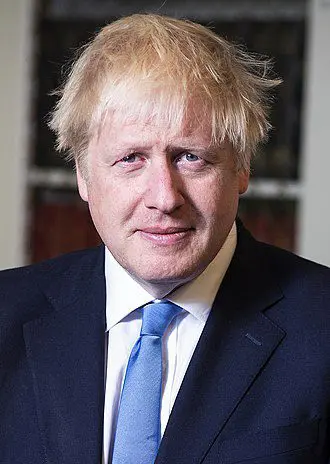Last-ditch discussions between the U.K. and the European Union over future trade ties are set to resume in Brussels later Sunday, two days after they were “paused” amid “significant differences” on an array of issues.
Britain’s main negotiator, David Frost, arrived in the Belgian capital on Sunday to pick up discussions with his EU counterpart, Michel Barnier.
READ MORE: Post-Brexit trade talks to continue Sunday after pause during decisive stage
The meeting was authorized by European Commission President Ursula von der Leyen and British Prime Minister Boris Johnson after a telephone call on Saturday.
The two leaders noted that fundamental differences between the two sides remain over the “level playing field” — the standards the U.K. must meet to export into the bloc — how future disputes are resolved and fishing rights for EU trawlers in U.K. waters. Still, they said a “further effort should be undertaken by our negotiating teams to assess whether they can be resolved.”
Negotiators may only have until Monday evening to make some headway. Johnson and von der Leyen said they would talk again and underlined that “no agreement is feasible if these issues are not resolved.”
With the U.K.’s post-Brexit transition period due to end this year, the discussions are clearly at a crunch point, not least because of the necessary approvals required on both sides after negotiators reach a deal. Without an agreement in place, tariffs will end up being imposed on traded goods at the start of 2021.
Both sides would suffer economically from a failure to secure a trade deal, but most economists think the British economy would take a greater hit, at least in the near-term, as it is relatively more reliant on trade with the 27-nation EU than vice versa.
© 2020 The Canadian Press







